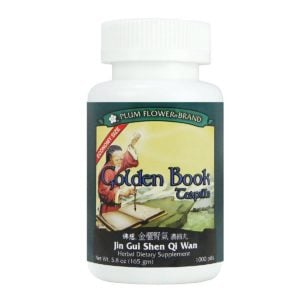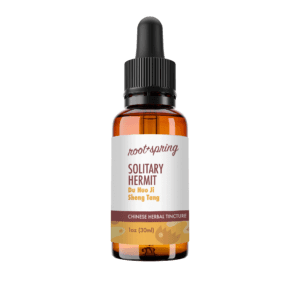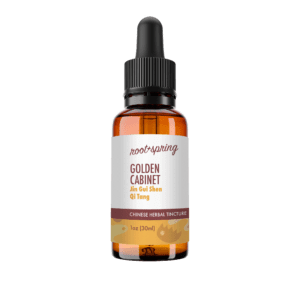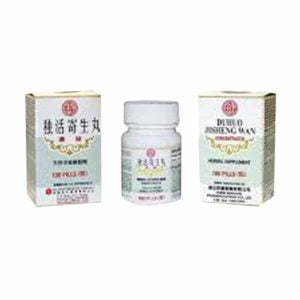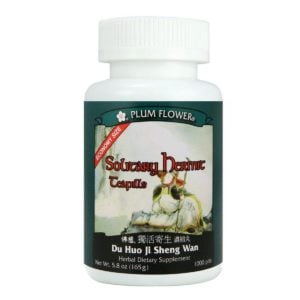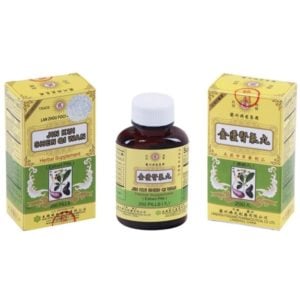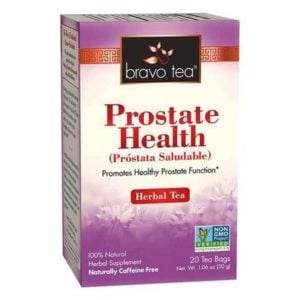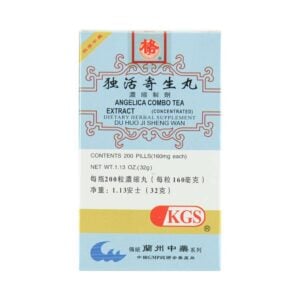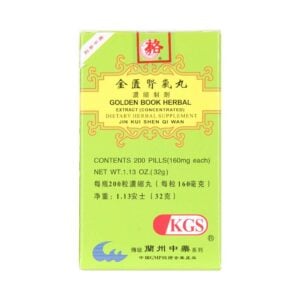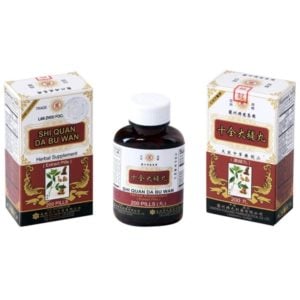Your cart is currently empty!
Rou Gui
English Name: cinnamon bark, cassia bark
Pharmaceutical Name: Cortex cinnamomi
Medica Category: Interior-Warming Herbs
Properties: Rou Gui enters the Heart, Kidney, Liver, and Spleen channels; it is acrid and sweet in nature and hot in temperature.
What is Rou Gui?:
The Chinese Herb Rou Gui is the dried inner bark of the cinnamon (cassia) tree (Cinnamomum cassia Presl.). The tree grows widely around the world and it is the inner bark of the trunk that is dried, curled into quills, and ground into powder for use as medicine.
Traditional Chinese Medicine (TCM) Therapeutic Actions of Rou Gui:
Rou Gui tonifies Kidney Yang and augments ming mien (life gate) fire^^. It has a very warming nature—and because it is fortifying in nature, it is a key herb for addressing a wide variety of conditions that stem from Kidney yang deficiency (i.e. debilitating conditions characterized by subjective feelings of coldness in the lower jiao as well as intolerance to cold in the environment). Other clinical presentations pointing to Kidney yang deficiency include chronic weak back, impotence, and frequent urination with dilute or clear urine, non-painful and non-burning diarrhea, undigested food in the stool, and reduced appetite. The Kidney and the Lung are also related; thus, Kidney yang deficiency can also manifest as chronic wheezing and dyspnea (shortness of breath).
Rou Gui warms the middle jiao to treat abdominal pain and fullness and digestive disorders that are cold in nature.
Rou Gui opens the channels and vessels and dispels cold to remove stagnation and relieve pain to address various forms of dysmenorrhea with pain and clotting (e.g. PCOS). This action of Rou Gui includes dilating the peripheral channels and as such this herb is excellent at warming and relieving pain and stagnation in the fingers and toes (e.g. Raynaud’s syndrome) as well as promoting the healing of stubborn, deep-rooted yin sores.
**safety note: Rou Gui is contraindicated for pregnancy and also should not be used for persons presenting with heat signs (full or deficiency).
^^ming mien (or “life gate fire”) in this context refers to the energy underlying the body’s basic processes of life. Think of a large pot over a fire—if that fire under the pot is insufficient, then the contents of the pot will not be heated up enough to bubble, cook, and transform. In this analogy, the bubbling stew in the pot is equivalent to lifeforce being activated/life being lived.


